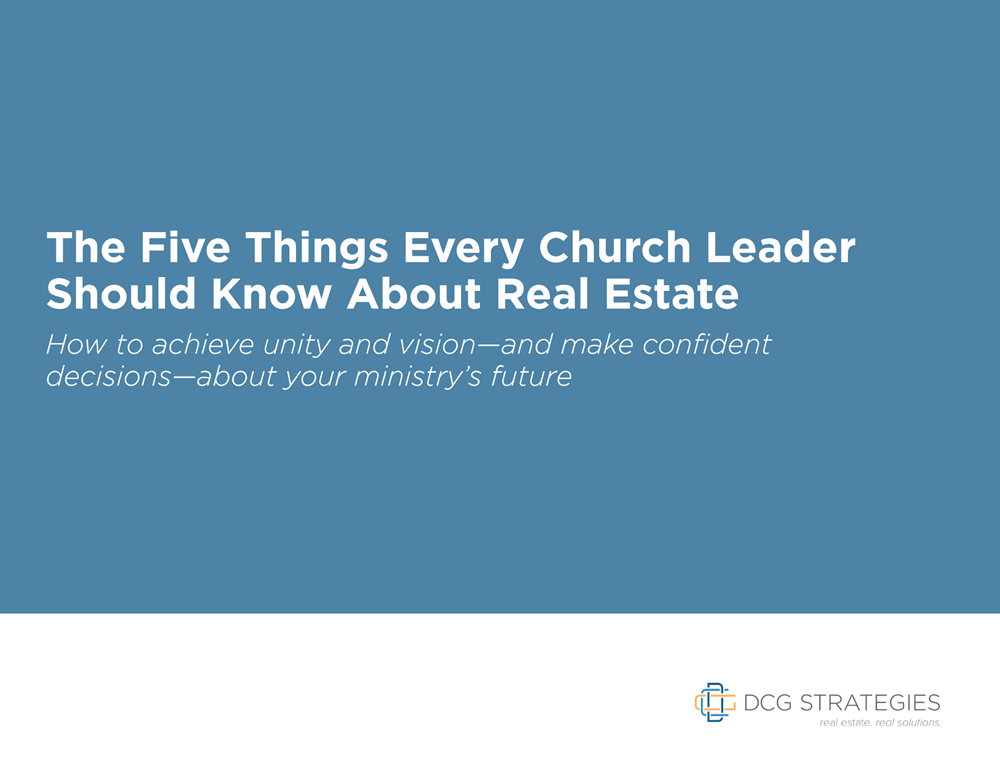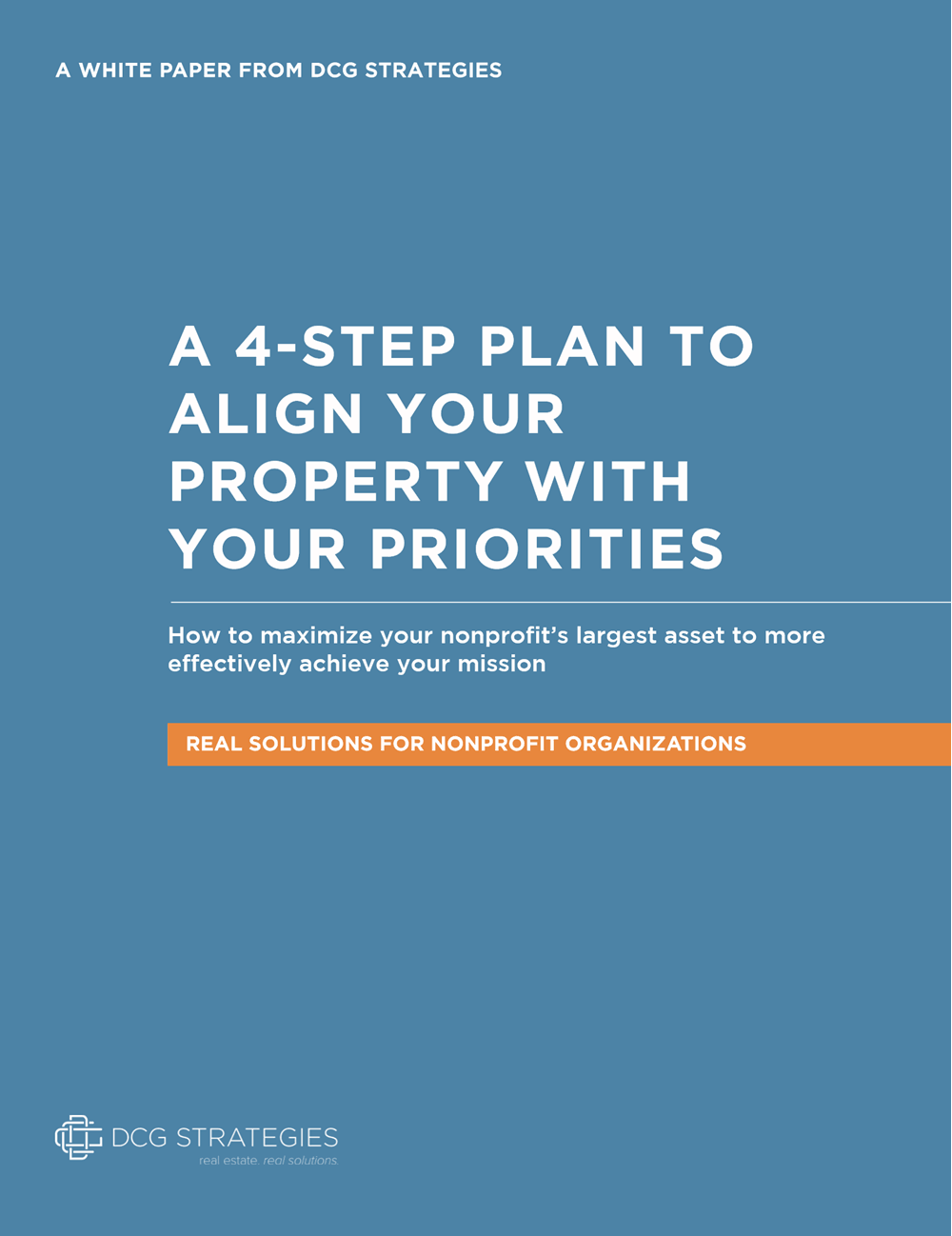Managing a church’s assets, including its parsonage and other real estate properties, is all about stewardship — making sure every dollar spent maximizes the work of the church.
Thinking strategically about how your real estate assets can further your community mission, both now and in the future, is an exercise every congregation should go through regularly, but especially before making a decision on a big renovation project.
“While each congregation’s circumstances are unique, the step-by-step property evaluation process for each one is very similar”, says Landis Graden, president, CEO and co-founder of DCG Strategies.
- Get an annual property inspection. “I’ve seen where a church has a parsonage, and they don’t know or understand that there are physical liabilities — the back patio is rotted or the foundation needs to be fixed,” Graden says. “They had people living in these properties that were unsafe, and they didn’t even know it was unsafe.” Annual property inspections can help churches stay on top of their regular property maintenance, budget for big-ticket repairs and prevent life-safety issues in which someone could get hurt because of property neglect.
- Rehab judiciously. It’s a waste to rehab a whole house if the bathroom still has 15 good years of life in it. A lot can be accomplished through spot repairs and minor upgrades.
- Hire a general contractor or project manager you can trust. Church leaders should be fishing for souls, not fishing for the phone number of the subcontractor who didn’t show up today. Managing a renovation or rehab project is a time-consuming job that takes experience to complete on-time and on-budget, with the proper permits and in compliance with all local ordinances. An experienced general contractor or project manager will also be able to say when a property is too far gone.
- Plan for the future. A good general contractor will be able to identify alternative uses for not just vacant properties but underused ones as well: a boarding home, community center, affordable rental housing or a technology incubator. “You want the planner and the general contractor to be the same person,” Graden says. “That person has to have the experience to understand the construction side and how the property can be used. Each informs the other.”
DCG Strategies is an experienced partner in leading churches through evaluating their property needs, forming a plan and acting on it.
The company has worked with Glad Tidings Community Development Corporation, the nonprofit community development arm of Glad Tidings Church of God in Christ in Hayward, California, for several years to help them better minister to the physical and mental health of their local residents.
“Their insight helped us to think about each one of the properties we acquired and what we would use it for immediately or what we could potentially use it for in the future,” says Doug Edmunds, acting president of the development corporation.
The development corporation was on a path toward making those strategic decisions on its own, Edmunds says, but DCG Strategies was able to accelerate their efforts dramatically.
“They really helped us think about the future,” he says. “You can oftentimes not think past what’s in front of you. DCG helped us to step back and look beyond where we were and think about how we can apply our resources to ensure we can serve the community and execute our mission moving forward.”
For more information about how to achieve unity and vision and make confident decisions about your ministry’s future, read The Five Things Every Church Leader Should Know About Real Estate.






